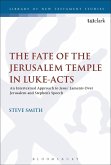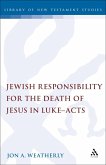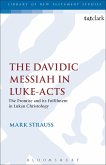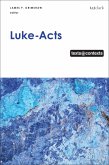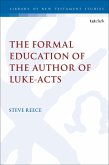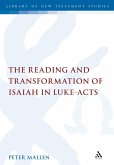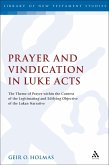Questions regarding the afterlife are many, and the Gospel of Luke and the book of Acts pay a great deal of attention to them: why does Luke speak about several different forms of the afterlife? Why is resurrection described as a person's transformation into an angelic being? How many abodes are appointed for the righteous and the wicked after death? Alexey Somov addresses these queries in relation to the apparent confusion and variety found in the text, and in respect of the interrelatedness of these issues, and their connection with other eschatological issues in Luke-Acts, and in relation to the wider cultural context of the Mediterranean world to which Luke belonged.
Every culture expresses its beliefs by means of special metaphors that allow it to comprehend supernatural realities in terms of everyday experience. Belief in the afterlife was part of this metaphorical system which Luke shared with the ancient eastern Mediterranean culture. Somov takes his analysis one step further by applying Cognitive Metaphor Theory to selected metaphorical aspects of the afterlife. While the inconsistencies and incoherence of the combined metaphors may seem jarring to a contemporary Western reader, Somov's reading enables a recognition of the specific religious metaphors used, which for Luke would have been current and widely accepted.
Every culture expresses its beliefs by means of special metaphors that allow it to comprehend supernatural realities in terms of everyday experience. Belief in the afterlife was part of this metaphorical system which Luke shared with the ancient eastern Mediterranean culture. Somov takes his analysis one step further by applying Cognitive Metaphor Theory to selected metaphorical aspects of the afterlife. While the inconsistencies and incoherence of the combined metaphors may seem jarring to a contemporary Western reader, Somov's reading enables a recognition of the specific religious metaphors used, which for Luke would have been current and widely accepted.



